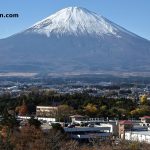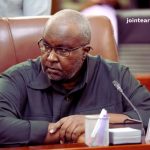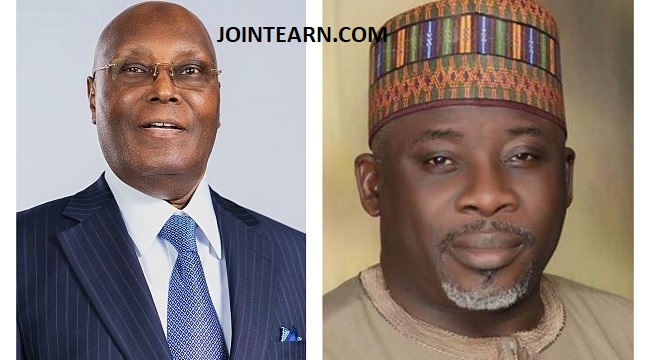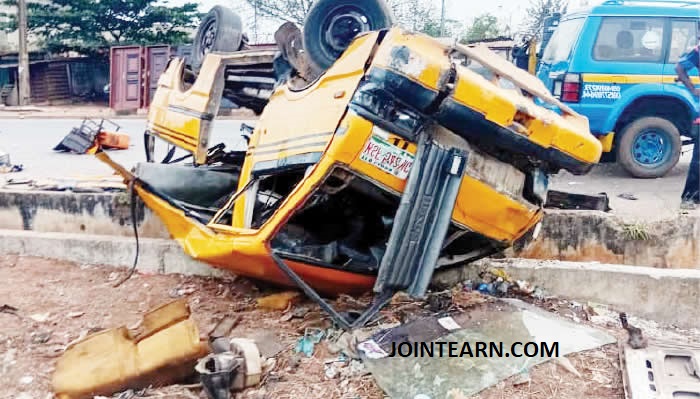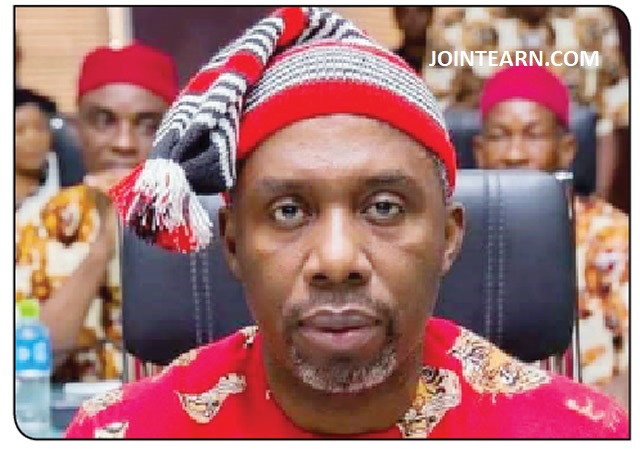A former member of the National Assembly has called on former Vice President Atiku Abubakar to relinquish his ambition for the 2027 presidential ticket of the Peoples Democratic Party (PDP), urging that the ticket be zoned to the southern region of Nigeria for the sake of equity, unity, and political balance.
The ex-lawmaker, who spoke during a political gathering in Lagos, made a passionate appeal to Atiku to demonstrate statesmanship by supporting a power shift to the South in the next election cycle. He emphasized that for the PDP to regain national relevance and the confidence of the Nigerian people, it must uphold the principle of zoning and rotational presidency, which has historically fostered inclusivity within the party.
A Call for Political Balance
The former legislator, who represented a southern constituency and requested anonymity due to internal party consultations, said the time had come for the PDP to prioritize national unity over individual ambitions. He noted that Atiku Abubakar, who has contested the presidency multiple times, including in the last general elections, should make way for new leadership from the South.
“Politics should not be a do-or-die affair. Atiku is a respected statesman, and he has served the country well, but for the sake of fairness, he should allow a southern candidate to emerge as the party’s flagbearer in 2027,” he said.
“The PDP cannot afford to go into the next general election with the same narrative that cost us so much support in 2023. We need to rebuild trust with the electorate, especially in the South, and the only way to do that is to show that the party is committed to justice and equity.”
Zoning Controversy and the PDP’s Internal Crisis
The issue of zoning has remained a contentious subject within the PDP. While the party has long maintained a policy of rotating presidential candidacies between the North and South, that principle was challenged in the run-up to the 2023 elections when Atiku Abubakar, a northerner, emerged as the PDP’s candidate despite southern stakeholders agitating for the ticket.
The fallout from that decision led to internal divisions, including the formation of the G5 group—a coalition of aggrieved PDP governors—who opposed Atiku’s candidacy and called for the resignation of the then-national chairman, also from the North. Analysts believe the party’s poor showing in the 2023 presidential election was partly due to this internal disunity.
According to the former lawmaker, ignoring the zoning principle again in 2027 could further deepen the cracks within the party and alienate its southern base.
“Zoning is not just a tradition; it is a necessity in a diverse country like Nigeria. It creates a sense of belonging and balance,” he explained. “If the PDP repeats the mistake of disregarding zoning, we risk another electoral disaster.”
Atiku’s Political Journey and Influence
Atiku Abubakar, a seasoned politician and former vice president under the Olusegun Obasanjo administration (1999–2007), has remained one of the most influential figures in Nigerian politics. Since 1993, he has contested for the presidency multiple times under various political platforms.
Despite his consistent political visibility and influence within the PDP, there is growing sentiment within the party and among political observers that the time has come for a new generation of leadership. Critics argue that Atiku’s repeated candidacies have not only limited the emergence of fresh faces but have also contributed to voter fatigue.
“We must prepare for a new political era,” the former lawmaker added. “The South is brimming with capable, visionary leaders who can carry the PDP forward and offer the nation a fresh start.”
Southern Aspirants and PDP’s Path Forward
While no official declaration has been made by southern PDP leaders, speculation is rife about potential contenders for the 2027 presidential race. Names such as Governors Godwin Obaseki of Edo State, Douye Diri of Bayelsa, and former Senate President Bukola Saraki (though not southern, also mentioned) are frequently floated in political circles as possible flagbearers if the zoning policy is respected.
The ex-lawmaker encouraged party elders and the PDP National Working Committee (NWC) to begin early consultations and dialogues aimed at fostering consensus and unity ahead of the next election cycle.
“We cannot wait until 2026 to start talking about unity. The time to rebuild bridges is now. We must identify a credible southern candidate and begin to groom that leader to represent the hopes of our party and the expectations of Nigerians.”
National Interest Over Personal Ambition
The lawmaker concluded by appealing directly to Atiku to take the noble path of stepping aside for the sake of the party and national cohesion. He praised the former vice president for his contributions to Nigeria’s democratic development but insisted that stepping down would elevate his legacy as a unifier.
“Atiku has nothing left to prove. He has done enough. It’s time for him to play the role of an elder statesman by guiding the younger generation and supporting the emergence of a southern candidate,” he concluded.
As 2027 draws closer, the PDP faces a defining moment in its political journey. Whether it can resolve internal tensions and present a united front may ultimately determine its chances of returning to power. For many party faithful, that process begins with honoring the unwritten agreement of rotation—and letting the South lead the charge.

